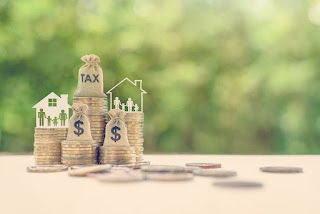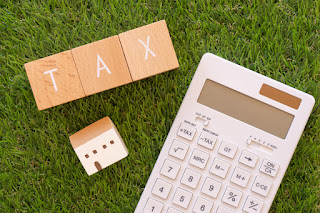When it comes to real estate investments on Long Island, property taxes are a critical factor that investors must consider. High tax rates can significantly impact your profit margin, while well-managed property tax rates can increase your return on investment. Let’s dive into the impact of property taxes on real estate investments on Long Island and how you can navigate this crucial factor.
1. Property Taxes on Long Island
If you are considering real estate investments on Long Island, you must understand the state property tax structure. Property taxes are calculated based on the property's value and are payable annually. The taxes collected are used to fund local government agencies and services, such as schools, public libraries, and emergency services. The local tax assessor's office calculates the tax due by setting a tax rate based on the total assessed value of the property.
2. Effect on Profit Margin
For real estate investors, high property taxes can significantly impact your profit margin. If the property taxes are high, it means you must charge high rent to cover the expenses, which could discourage potential renters. Also, high-tax properties will have a lower resale value, making it challenging to profit significantly in the long run.
3. Smart Investment Strategy
If you want to invest in Long Island's real estate market, it is essential to have a smart investment strategy to navigate the property tax rates. One approach is to invest in areas with a low tax rate, which will help increase your profit margin without affecting the rent price. Another alternative is to invest in properties in areas with a high tax rate but significant potential for appreciation. These properties can generate long-term returns by investing in maintenance and upgrades.
4. Managing Property Taxes
Working with experienced real estate professionals familiar with Long Island's property tax rates is vital to managing your investment effectively. A good real estate agent can provide valuable insights on tax rates, give assistance to negotiate lower taxes and suggest strategies to increase your profit margin. You must have proper tax records and consult with a certified public accountant (CPA) to reduce your tax liability.
5. Conclusion
In conclusion, property taxes are a crucial factor that investors must consider when investing in Long Island's real estate market. High property taxes can adversely impact your profit margin, while managed tax rates can increase your ROI. Understanding the local property tax's structure, implementing smart investment strategies, and working with experienced professionals can help you mitigate risks and achieve your long-term investment goals.Ready to Save Money?
You count on one of the leaders in property tax challenges! For decades,
Home Tax Saver of Long Island has strived to minimize clients’ property tax assessment with personalized service. Customer service is our number one priority.



Comments
Post a Comment